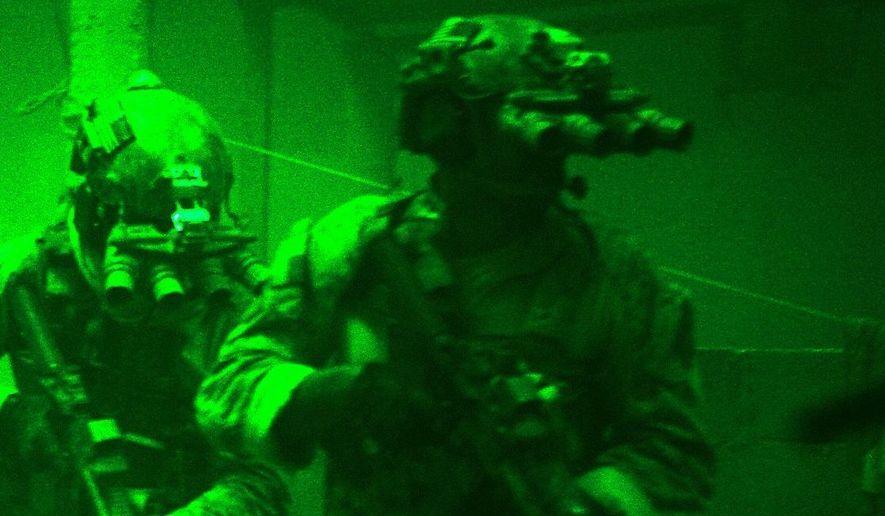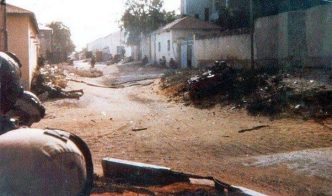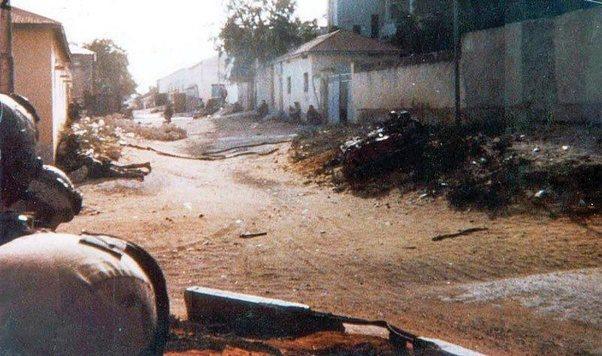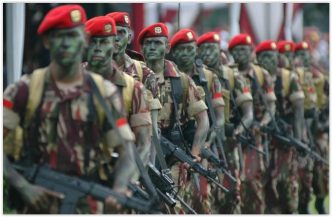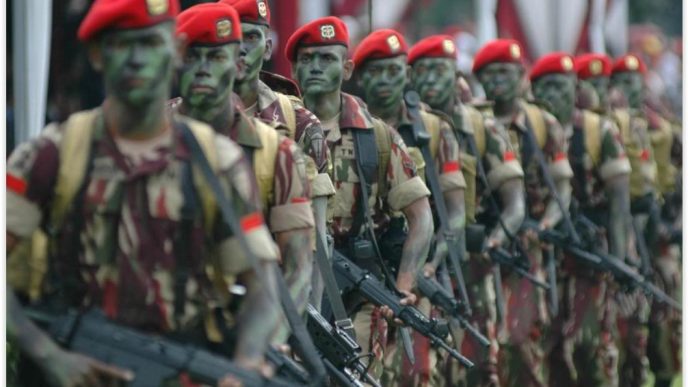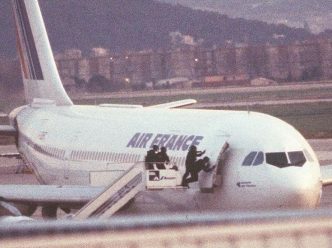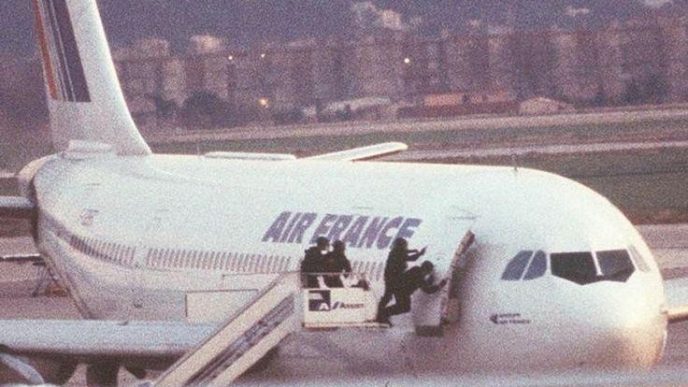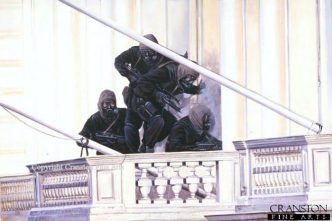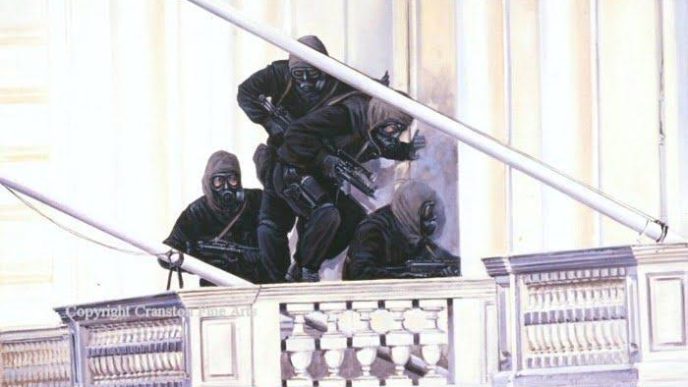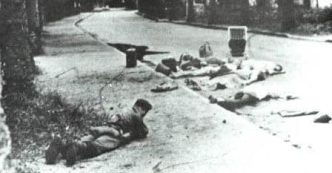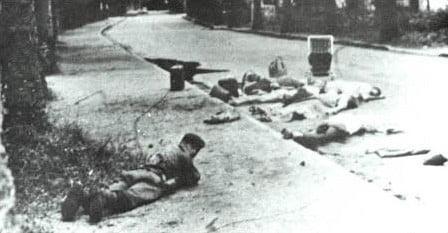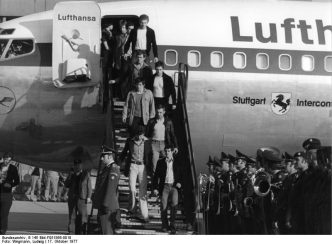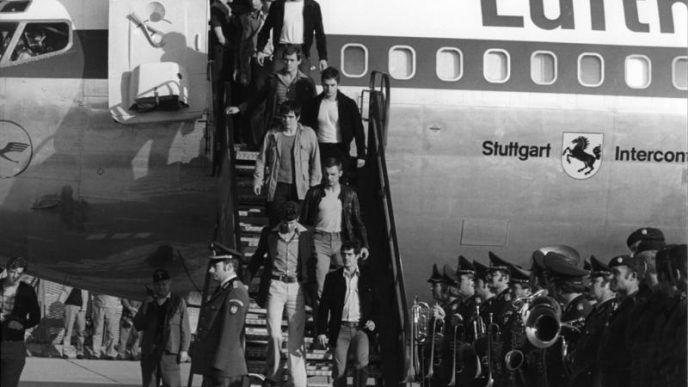In the annals of military history, certain operations stand out for their success and the invaluable lessons they impart. One such operation was the Barawe Raid, an audacious attempt by the elite SEAL Team Six, also known as DEVGRU, to neutralize the dangerous Somali insurgent commander, Ikrima. The mission, conducted in the early hours of October 5, 2013, in the coastal town of Barawa, Somalia, was fraught with unforeseen challenges, ultimately rendering it a failed endeavor. Despite its lack of success, the Barawe Raid was a testament to the unwavering bravery and resilience of the SEALs involved.
High-Value Target: Ikrima
Ikrima, whose real name was Abdikadir Mohamed Abdikadir (also used as Abdukadir Mohamed Abdukadir; Abdulkadir Mohamed Abdulkadir), was a notorious figure associated with al-Shabaab, a terrorist group responsible for wreaking havoc in the region. Intelligence reports suggested that he was planning attacks on government and U.N. targets in neighboring Kenya, making his capture or elimination a top priority for security forces. At the time, he was on the most-wanted list, with a $3 million reward for information leading to his capture.
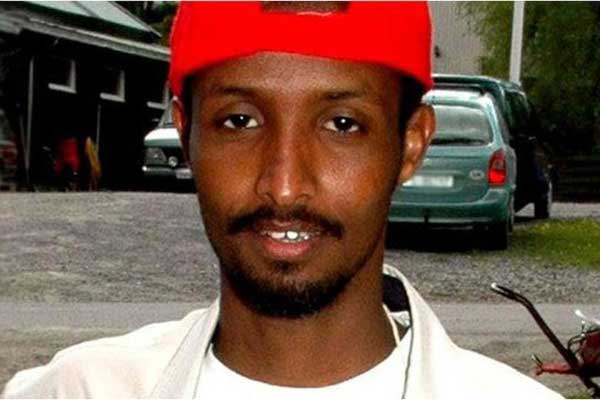
Raid
The operation began with a daring entrance as the SEAL Team Six operatives arrived via a single fast boat from the Indian Ocean, making their way to the coastal town of Barawa. To ensure the success of the assault and facilitate a smooth extraction, three additional small boats, packed with extra SEALs, were strategically positioned on either side of the main craft. This additional force provided crucial backup, bolstering the primary assault team’s efforts and readiness.
Zeroing in on the Stronghold
Moving inland, the SEALs zeroed in on a two-story beachfront house believed to be Ikrima’s stronghold. The location was significant, as it was a haven for foreign insurgents who had joined al-Shabaab. This group was responsible for a deadly siege on a Kenyan shopping mall a month prior, resulting in the tragic loss of 67 innocent lives. For the local population, the presence of these insurgents was not unknown, making the mission even more imperative to quell the reign of terror.
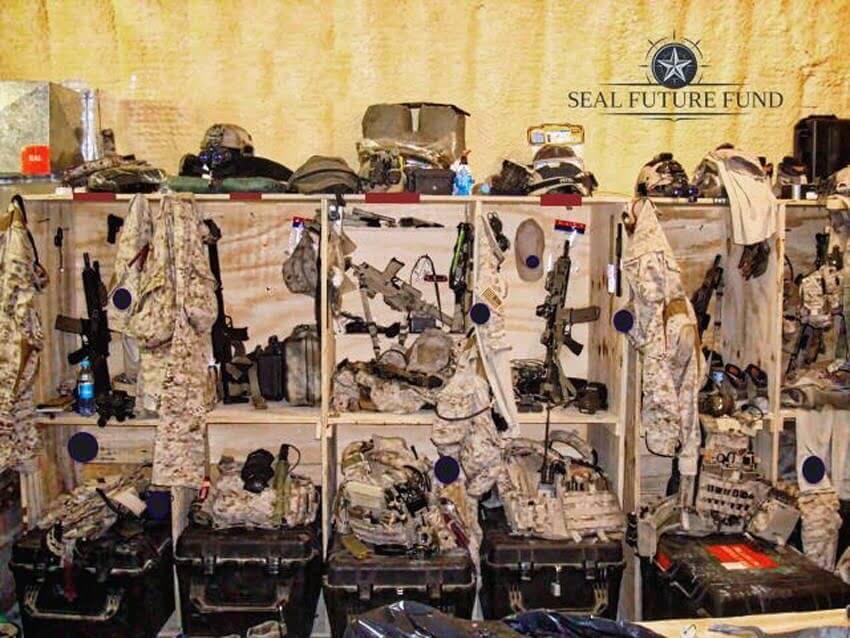
The Intense Firefight
As the SEALs prepared to breach the house, a seemingly oblivious insurgent emerged and continued his routine, even enjoying a cigarette, before returning to the building. Suddenly, he resurfaced, unleashing a hail of gunfire, robbing the SEALs of their element of surprise. A ferocious firefight followed as multiple insurgents joined, exchanging fire with the SEALs. Despite the situation’s intensity, the SEALs pushed forward, utilizing flashbang grenades to clear their path through the compound.
The Decision to Abort
During the relentless engagement, the SEALs caught glimpses of their target, Ikrima, through the compound’s windows. Despite their determination to neutralize him, innocent women and children in the vicinity complicated matters. Recognizing the potential danger to civilians, the SEALs made a difficult decision to abort the mission, further diminishing the chances of capturing Ikrima alive.
The situation became increasingly perilous, with enemy reinforcements pouring in from nearby houses. The SEALs faced hundreds of enemy fighters, forcing them to initiate a tactical fighting withdrawal toward the beach. Throughout their retreat, they maintained a strategic stance, pausing periodically to assess the situation and consider the option of re-engaging. Their determination and unwavering commitment to the mission were evident as they weighed their options.
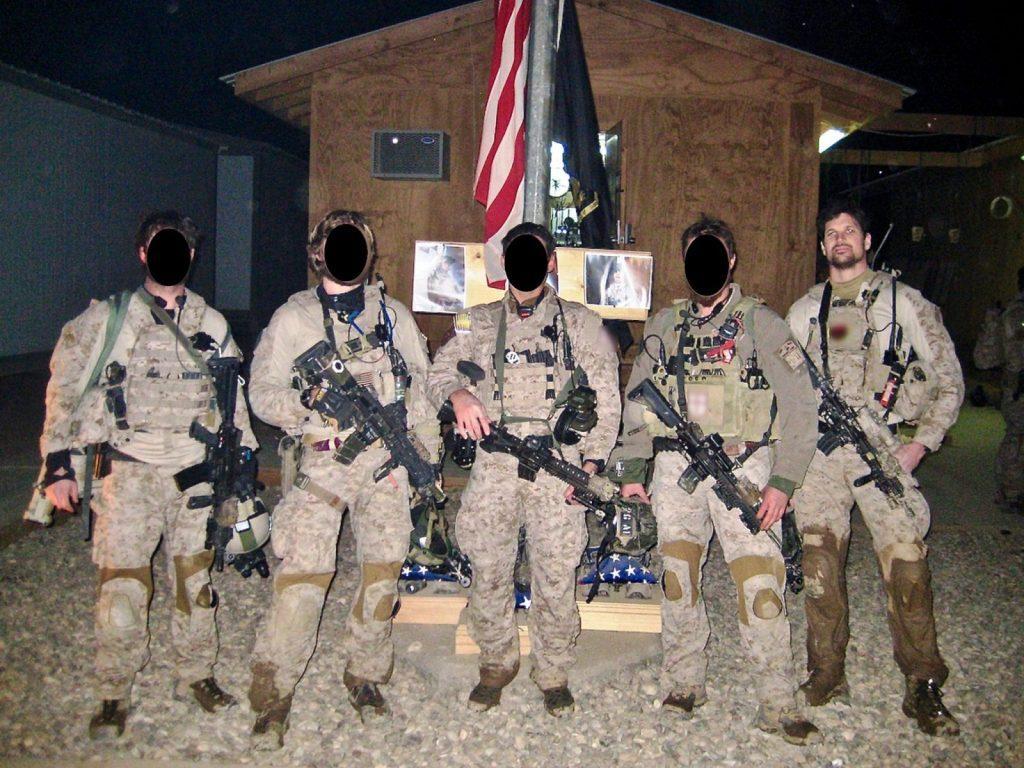
The Aftermath
Once they reached the waiting boats, the SEALs quickly regrouped and departed for their base, vanishing into the night. However, amid the chaotic withdrawal, they left behind some abandoned items—a testament to the situation’s intensity and the SEALs’ determination to protect their comrades.
Among the discarded possessions were a flak jacket, a flashbang grenade, rounds of ammunition, and a Garmin GPS device. There were also traces of blood that were reportedly discovered, suggesting that at least one of the SEALs had sustained injuries and discarded these items during treatment. Remarkably, no SEALs lost their lives during the assault, although at least one insurgent perished in the encounter.
In the aftermath of the failed Barawe Raid, the insurgent group responded swiftly, deploying more heavily armed fighters to patrol the streets of Barawa. They strategically positioned men equipped with anti-aircraft weapons along the beachfront to fortify their control and deter any potential future attacks. These measures were aimed at solidifying their grip on the region.
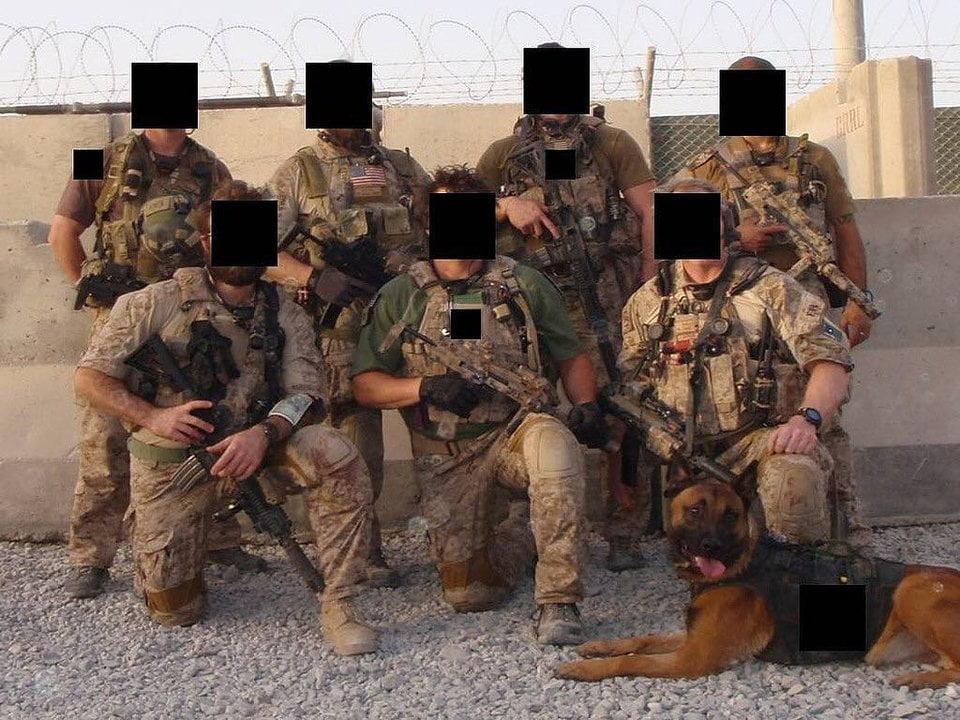
However, the intensified presence of armed insurgents stirred unease within the local community. Suspicion began to grow regarding the possible involvement of informants who might have aided U.S. intelligence in pinpointing the targeted house during the operation. This mistrust ignited a fervent hunt for suspected informants, leading to the arrest of a man known to frequent the local internet cafe.
Barawa had been under insurgent control since 2008, serving as a sanctuary for senior members of the group after losing control of Mogadishu and other towns in 2011. Among the notable figures seeking refuge in Barawway was Ahmed Guddan, Africa’s most wanted man following the Westgate Mall attacks in Kenya. Such high-profile individuals in the town further escalated tensions, adding to the situation’s complexities.
Conclusion
Despite the challenges faced during the Barawe Raid, the mission had its share of successes. Remarkably, no SEALs lost their lives during the encounter, a testament to their skill, training, and unwavering valor. On the other hand, at least one insurgent was killed in the fierce firefight.
A senior military official, well-informed about the operation, emphasized that contrary to public perception, covert military operations were far from straightforward. Looking back at significant missions like Operation Neptune Spear, which culminated in the capture of Osama bin Laden, the official shed light on the misconception that such operations were easy. He also pointed out that the operational environment in the targeted area lacked the same level of support network as seen in Afghanistan and Iraq, making the mission even more challenging.
U.S. Defense Secretary Chuck Hagel praised the operation in Somalia and another nearly simultaneous one in Libya, conducted by Delta Force. He viewed these successful missions as a testament to U.S. anti-terror efforts’ unparalleled precision, global reach, and capabilities. Hagel emphasized that these operations sent a powerful message to the international community, affirming the unwavering commitment of the United States to hold insurgents accountable, no matter their hiding places or the length of time they had evaded justice.
The Barawe Raid remains a pivotal chapter in the history of special operations, serving as a reminder of the inherent complexities and unpredictability of such missions. While it may not have achieved its intended goal, the operation provided invaluable insights and experiences that have undoubtedly influenced subsequent military tactics and strategies.
As we remember the bravery and sacrifices made by the SEALs during that fateful night, it serves as a poignant reminder of the price paid in pursuing safety and security in an ever-changing world. The failed Barawe Raid remains a testament to the unwavering commitment of these brave men and women who continue to put themselves on the frontline, defending our freedoms and safeguarding global peace.
Quick facts
| Date: | October 5, 2013 |
| Location: | Barawa, Somalia |
| Also known as: | 2013 Barawe Raid |
| Mission: | Capture HVT (Abdikadir Mohamed Abdikadir, aka IKRIMA) |
| Participants: | Seal Team Six |
| Mission status: | FAILED |
| Casulaties: | one SEAL was wounded, and at least one of the insurgents killed |
